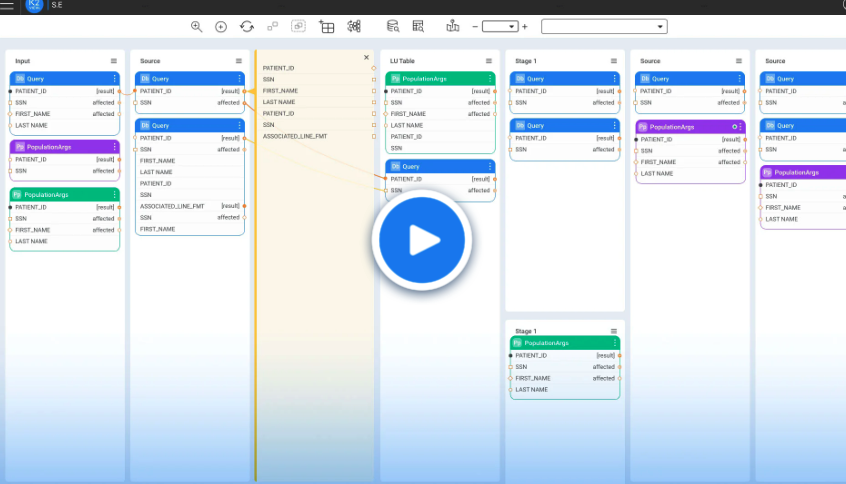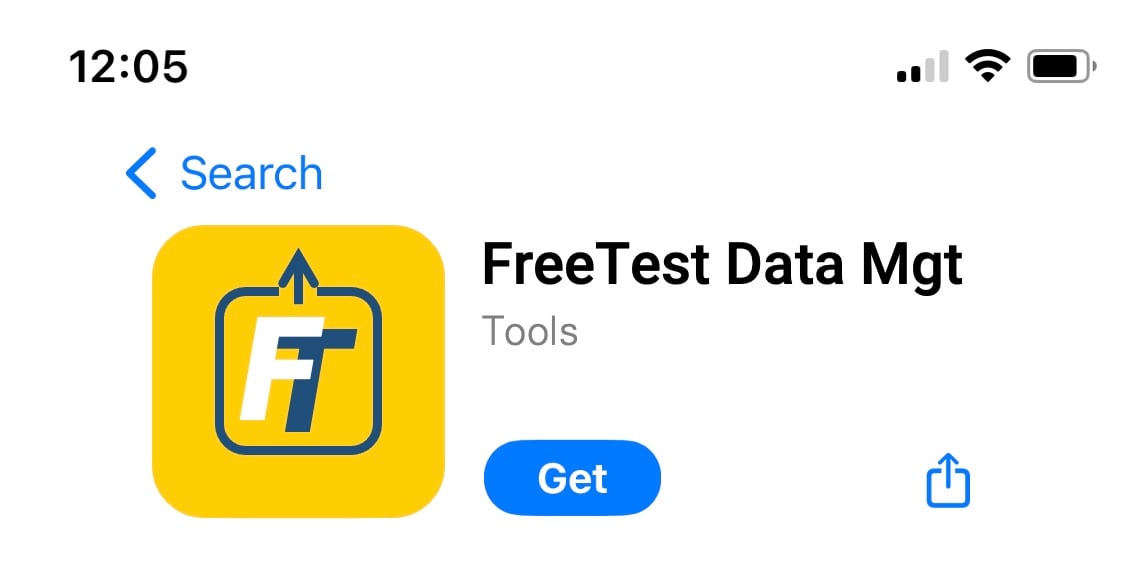While there are free tools that perform certain functions of test data management (masking and synthetic data generation), there are no free TDM tools.
What are Test Data Management Tools?
For software testing to be effective, high-quality data is crucial. Yet nearly half of testing teams say that managing data in test environments is very challenging. Test data management tools assist these teams. These tools collect and organize data to facilitate the testing of new software products and maintain compliance with data privacy regulations.
Test data management tools are software applications that create, manage, manipulate, and maintain the data used in diverse application testing scenarios. These tools not only generate test datasets, but also ensure that the resultant test data is up-to-date, and manage the various data versions required for testing environments.
By automating data creation and maintenance, test data management tools ensure that testing is conducted accurately and efficiently. This reduces the time and resources required for testing and increases overall efficiency by facilitating data sharing among team members.
Get the latest Gartner report on test data management.
Do Free Test Data Management Tools Exist?
No, they don’t.
There are free tools that perform specific and limited elements of test data management, but none of them encompass the full scope of an enterprise test data management solution. For example, there are free tools that can handle:
Data Masking
Data masking is the process of obscuring or anonymizing sensitive information within a dataset, while retaining its format and structure. This technique is used to protect confidential data during testing, but also ensuring that the information remains usable for legitimate purposes without exposing sensitive details.
Some of the top free data masking tools include VGS, Okera, and Lenses. It’s worth noting that unlike enterprise data masking tools, the free ones have limited functionality, lack advanced features, and may not offer robust support and security measures, hindering comprehensive data protection. They also can’t maintain referential integrity after masking, which is a major issue for enterprises blending data from multiple sources.
Data Tokenization
Data tokenization is a security technique wherein sensitive data is replaced with non-sensitive, unique tokens that are useless to unauthorized users. And, without a mapping vault, the tokens have no connection to the original data. Tokenization is used to protect data, while still enabling it to be used in applications like payment processing and data storage.
Some leading free data tokenization tools are: ALTR, Acra, and HashiCorp Vault. That said, unlike enterprise data tokenization tools, the free versions can lack robust security features, offer limited customization options, and may not have adequate product support – potentially compromising data protection and complicating integration into enterprise systems.
Synthetic Data Generation
Synthetic data generation is the process of creating artificial data that mimics the characteristics and patterns of real data. It’s used for testing, research, and privacy protection – allowing organizations to work with data without exposing sensitive information. Synthetic data is often generated using algorithms and statistical modeling.
There are some free tools that can accomplish this like Securiti, CVEDIA, and even IBM watsonx.ai. Yet, unlike enterprise synthetic data generation tools, the free software often lacks customization functionality, data fidelity, and advanced features compared to paid options. This potentially limits their suitability for business-centric applications with high data privacy requirements.
No Free Lunch
In summary, while dedicated free test data management tools do not exist in the market, there are individual functionalities, like data masking, data tokenization, and synthetic data generation, that do. These can be found as standalone solutions or even as built-in features of other software.
However, it's important to recognize that any free tools typically come with limitations. They often lack advanced capabilities and robust support, which can hinder their effectiveness, especially in complex and regulated environments.
Relying solely on free solutions can lead to suboptimal results, workflow disruptions, and security risks – reinforcing the adage, "You get what you pay for."
Entity-Based Test Data Management Tools
One of the top test data management challenges is how to provision realistic test data quickly and efficiently for testing within complex systems. Since data is often fragmented across different sources, extracting datasets that realistically emulate real world data can be daunting.
Entity-based test data management is a sophisticated, enterprise-class solution that provisions data via business entities, be they customers, orders, or products. This unique test data management approach accelerates software delivery, maximizes test coverage, and increases tester productivity.
Although entity-based test data management tools aren’t free, they’ve proven to be remarkably cost-effective, with an excellent ROI.
Learn more about K2view Test Data Management software.













